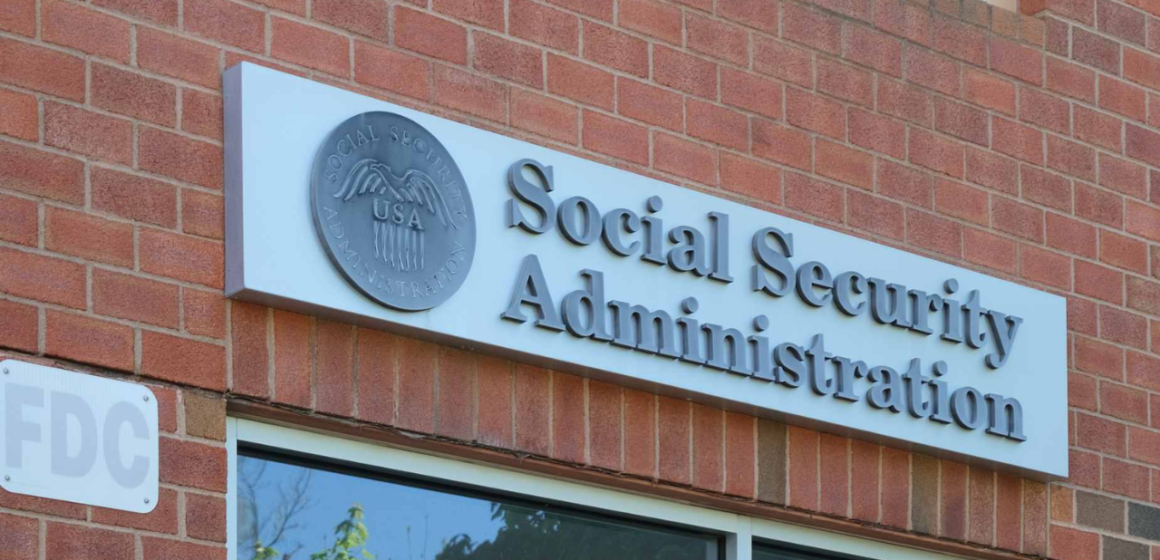Nearly 3 million individuals may see an increase in their Social Security payments if the Social Security Fairness Act is approved in an upcoming Senate vote.
This legislation aims to eliminate longstanding provisions that reduce benefits for people who also qualify for other pensions, significantly impacting teachers, firefighters, police officers, and government employees.
The bill, supported by both Democrats and Republicans, has already passed the House with a vote of 327-75 and is now moving toward a final Senate decision. If successful, the legislation would reach President Biden before the new Congress convenes in January.
What Does the Bill Do?
The Social Security Fairness Act would repeal two provisions that currently limit Social Security benefits for specific groups:
- Windfall Elimination Provision (WEP): This provision reduces Social Security benefits for individuals who also receive pensions from jobs not covered by Social Security. The reduction is tied to the pension amount, leading to lower monthly benefits.
- Government Pension Offset (GPO): This offsets spousal and survivor benefits based on a retiree’s alternative pension. For example, if a retired nurse receives $1,500 monthly from a state pension, their spousal Social Security benefits could be reduced by $1,000 monthly.
Who Is Affected?
Social Security generally applies to workers paying payroll taxes. However, some categories are exempt and thus affected by the WEP and GPO:
- Federal employees hired before 1984 under the Civil Service Retirement System.
- State and local government employees participating in alternative retirement systems.
- Railroad workers with separate federal insurance.
- Clergy members who opt out of Social Security.
In December 2023, around 745,679 Social Security beneficiaries faced reductions under the GPO, and 2.1 million were affected by the WEP. Additionally, about 6.6 million state and local government workers, not covered by Social Security, could benefit from the changes when they retire.
When Will Changes Take Effect?
If passed, the new provisions would apply to payments starting January 2024. This timeline also includes backdated payments, potentially boosting monthly checks significantly.
How Much Money Is Involved?

The Congressional Budget Office (CBO) estimates:
- Ending the WEP would increase benefits by an average of $360 per month by December 2025.
- Eliminating the GPO would boost monthly spousal benefits by $700 and survivor benefits by $1,190 for thousands of beneficiaries.
These changes would cost the Social Security program approximately $198 billion over a decade. However, some savings ($2 billion) are expected from reduced food aid payments for households with increased Social Security income.
Challenges Ahead
Despite its benefits, the legislation faces criticism for adding fiscal strain to the Social Security Trust Fund, already projected to face shortfalls by 2035.
Adjusting payments for millions of people may also strain the Social Security Administration, which has faced staffing and budget cuts in recent years.
What Should Beneficiaries Do?
The changes, if enacted, will be implemented automatically for most beneficiaries. However, individuals newly eligible for spousal or survivor benefits may need to apply.
To address questions and concerns, the Social Security Administration provides resources through its website (ssa.gov) and toll-free hotline (1-800-772-1213). In-person appointments can also be scheduled at local offices.
Potential Backlogs
With these changes, the Social Security Administration could face backlogs due to reduced staff and funding.
Complex recalculations and backdated payments may delay the process for some beneficiaries. The agency’s diminished resources might also impact how quickly new applications are processed.
Long-Term Implications
The legislation’s fiscal impact highlights the importance of future reforms to secure the solvency of the Social Security Trust Fund.
Policymakers may need to explore other ways to strengthen the system to ensure benefits for future generations.
Note: Every piece of content is rigorously reviewed by our team of experienced writers and editors to ensure its accuracy. Our writers use credible sources and adhere to strict fact-checking protocols to verify all claims and data before publication. If an error is identified, we promptly correct it and strive for transparency in all updates, feel free to reach out to us via email. We appreciate your trust and support!



Leave a Reply